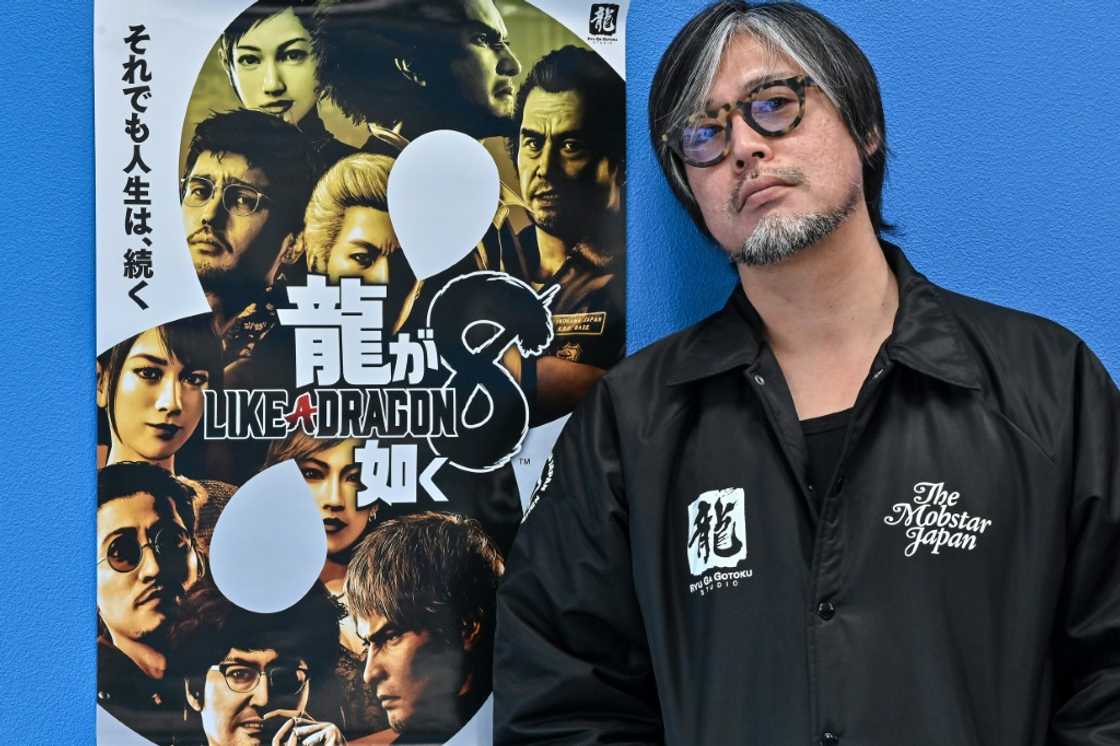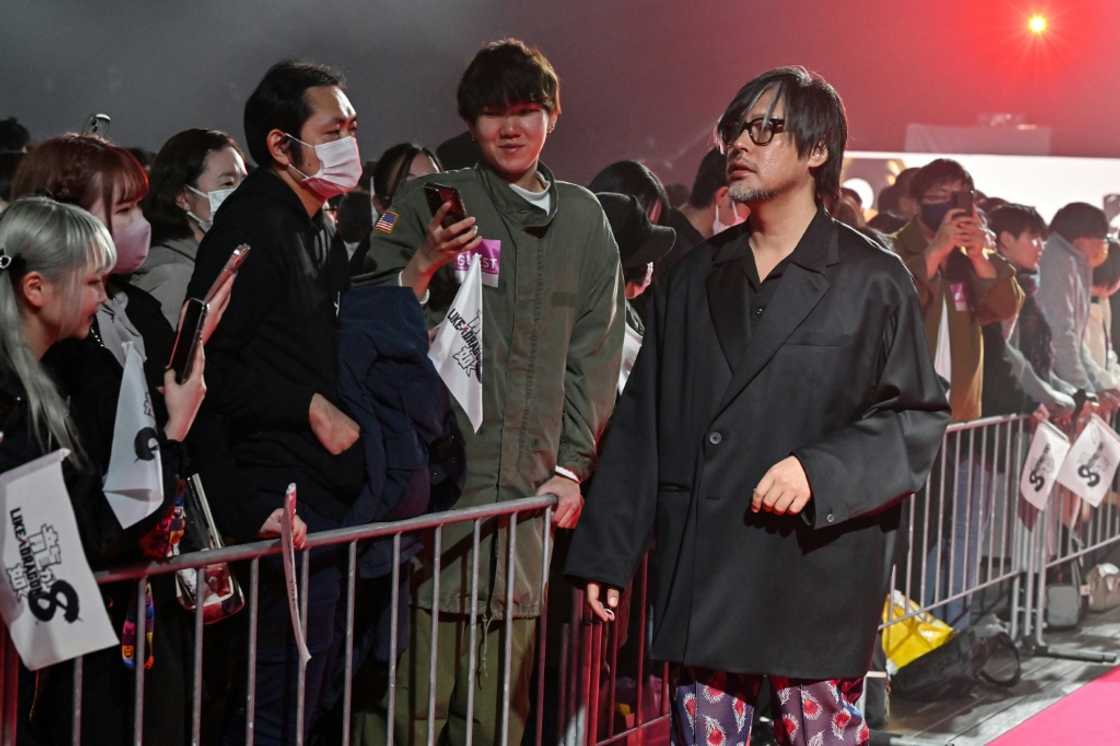'We don't hit women': How Yakuza differs from GTA

Source: AFP
The "Yakuza" gangster series has long been seen as a Japanese "Grand Theft Auto" but Masayoshi Yokoyama, one of the main designers of the hugely successful games, dismisses any such comparison.
"From the start, we decided not to have a game where you can hit people yourself. All fights start with a provocation from the opponent," Yokoyama told AFP ahead of the release of the latest instalment on Friday.
"And the hero never hits women, that's an absolute rule," explained the gravelly voiced executive producer of the series. "Our approach is the opposite (of GTA). It's a completely different game."
The beat-em-up role-playing game franchise has been running since 2005, telling the stories of big-hearted tattooed yakuza struggling with small-time thugs and their ruthless bosses -- but above all with their pasts.
The 15 games released so far have been set mostly in Kamuchuro, a fictional part of Tokyo that bears a strong resemblance to Kabukicho, the Japanese metropolis's real-life red light district.
The new one, titled "Like a Dragon: Infinite Wealth", is set outside Japan for the first time, in Hawaii.
PAY ATTENTION: Click “See First” under the “Following” tab to see YEN.com.gh News on your News Feed!
"From the beginning, we targeted a purely Japanese audience who actually go there and we wanted them to say: 'Ah yes, that's really how it is!'," said Yokoyama, 47.
GTA "offers a very large map where you can act freely, but in 'Like a Dragon', you operate in a tight and dense space where you enjoy a story," he says.
A taboo word
But Yokoyama, speaking at Sega's high-rise headquarters in Tokyo, also wonders about what influence violent games are having on society, especially "when you see mass shootings on TV, and you learn that the author was playing at home".

Source: AFP
"It's a very complex problem, but I think we can't say that video games don't have an influence, because, unlike a novel or a film, they allow you to have an immersive experience," he says.
"So I think that when creating video games that contain violence or yakuza stories, it is imperative to think about the effects that this can have on players."
The series was initially a niche affair in Western markets but, with 21 million copies sold, it now achieves 70 percent of its sales outside Japan.
The series was never called "Yakuza" in Japan, and the international title of the new episode "Like a Dragon: Infinite Wealth" drops the word for the first time too.
"The plots of the games in the series have gradually moved away from purely yakuza themes to focus on social issues and the story no longer only concerns the underworld," Yokoyama said.
One of the only references in the new game is that the hero -- the same as in the last game, on the run in Hawaii -- is an ex-gangster.
"Having the word 'yakuza' in the (English) title harms sales in Japan," Yokoyama said.
"Japanese society is getting tougher and tougher towards yakuza. In the past, we could talk about it on television but it has become a taboo word."
New feature: Сheck out news that is picked for YOU ➡️ click on “Recommended for you” and enjoy!
Source: AFP



